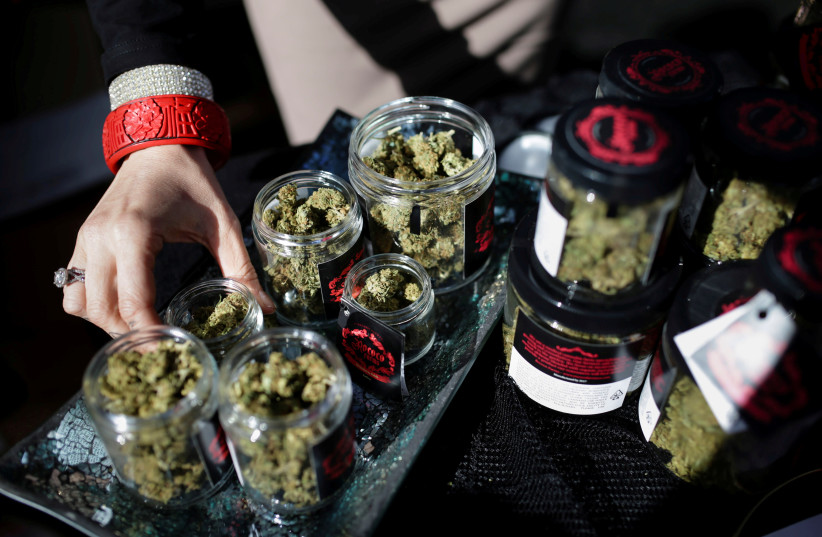Medical cannabis oil can help treat autism, a study by researchers at Tel Aviv University published in the journal Nature has shown.
Recently, medical cannabis oils have been administered to children on the autism spectrum in Israel, and the therapy has sparked growing interest, but no significant clinical study has been conducted to test its positive effects and understand the mechanism behind them, Prof. Daniel Offen said.
“Autism is a very common condition, and there is no real treatment for it,” he said. “Some people have started using medical cannabis but without a solid scientific basis. For this reason, we thought of looking into the issue, especially through the work of our PhD student Shani Poleg.”
Autism is a neurodevelopmental disease with a wide spectrum of manifestations. Its symptoms can be mild or more severe, including problems in social interactions and compulsive behaviors. The causes can be both genetic and environmental.
The TAU researchers focused on autism caused by the mutation of a specific gene, Shank3, which is behind about 1% of overall cases.

The scientists worked on animal models, using mice, with the same gene mutation and administered them cannabis oils.
“We started by using oils containing CBD-enriched cannabis,” Offen said. “CBD is one of the most important active ingredients in cannabis, and it has anti-inflammation and anti-oxidation properties.”
Medical cannabis usually includes a significant amount of CBD and very small quantities of THC, which is the active ingredient responsible for euphoria and other effects. It is not considered suitable for children.
The researchers found that CBD oil had positive effects on mice, with a reduction of behavioral symptoms.
“We also tried to administer the animal models oils containing no CBD at all but just a small quantity of THC, and to our surprise, we obtained even more positive results,” Offen said.
The team believes the positive effects recorded in the study might be attributed only to THC and not to CBD.
In addition, they were also able to understand how the oil managed to have an impact on the mice, registering what mechanisms in the neurological system were affected and which neurotransmitters were influenced by the oil in the brain, in the spinal cord and elsewhere.
The group is working to determine the best composition of the oil to maximize its positive effects.
“This is, of course, an initial study,” Poleg said. “But we hope that through our basic research we will be able to improve clinical treatments. Our study shows that when treating autism with medicinal cannabis oil, there is no need for high contents of either CBD or THC.
“We observed significant improvement in behavioral tests following treatments with cannabis oil containing small amounts of THC and observed no long-term effects in cognitive or emotional tests conducted a month and a half after the treatment began.”
